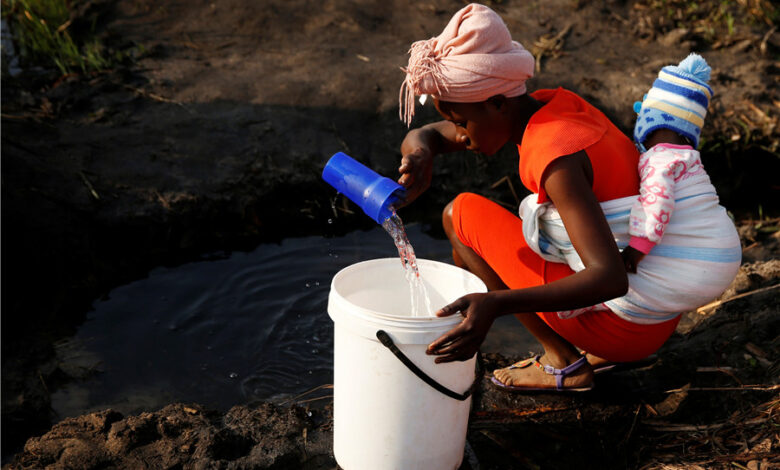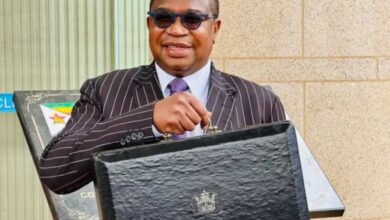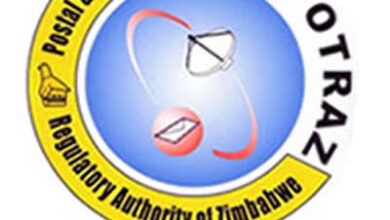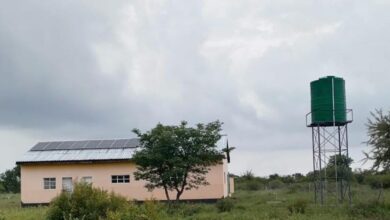“We Have No Water To Drink. Our Rivers are Dry”: Zimbabwe’s Daily Struggle for Clean Water

By Nqobizwe Thebe
Zimbabwe is grappling from a worsening water crisis, leaving approximately 2.6 million people vulnerable to water insecurity, according to the 2023 Zimbabwe Vulnerability Assessment Committee (ZimVAC) Report, jeopardizing public health and stalling development. In Bulawayo, the nation’s second-largest city, residents endure severe water shortages, with rationing measures pushing the city toward a breaking point.
A lethal mix of prolonged drought, crumbling infrastructure, and illegal mining disrupting water catchment areas drives the crisis. Despite government pledges of $14 million to overhaul aging pipes and pumps, reservoir levels are critically low, and Bulawayo risks running dry before the next rainy season.
In Harare, the capital, the situation is equally dire. Lake Chivero, the city’s primary reservoir, is depleted and heavily polluted with industrial waste and sewage, rendering water unsafe even when available. Contamination has devastated wildlife, livestock, and human health, with communities forced to rely on hazardous alternative sources. Human Rights Watch warns of cholera risks, evoking memories of the 2008 epidemic that killed over 4,200 people. Advocates describe the crisis as a “ticking time bomb,” urging authorities to act swiftly to safeguard citizens’ rights to clean water and sanitation.
Systemic failures exacerbate the crisis: outdated infrastructure, inadequate water treatment, unreliable power for pumping stations, and bureaucratic delays hinder progress. Local governments are strapped for revenue and struggle to maintain or upgrade systems, while stringent rationing fuels waterborne diseases like diarrhea, dysentery, and cholera.
To address the crisis, Zimbabwe has introduced smart water meters in cities like Harare and Bulawayo to enhance conservation and reduce losses. New pumps and pipelines linking critical dams are in progress, but funding delays and environmental threats slow these efforts.
Amid the hardship, government officials and development partners see potential for transformation. At a recent African Ministers’ Council on Water workshop, Zimbabwe’s Deputy Minister of Lands, Agriculture, Fisheries, Water and Rural Development, Hon. Vangelis Harritatos emphasized, “We must embrace innovation, policy alignment, and investment in climate-resilient water systems to ensure that water security is not a privilege but a fundamental right.” He highlighted advances in irrigation and rural water access as signs of hope.
Yet, public trust is fragile. Government plans for water privatization spark fears of restricted access for vulnerable communities. In Harare, residents spend up to 20% of their income on water—often unfit for consumption—raising concerns that privatization could deepen inequities rather than resolve them.
Zimbabwe’s water crisis is a complex emergency driven by environmental stress, decaying infrastructure, governance challenges, and social strain. While modernization efforts offer hope, urgent, coordinated action is critical to averting a humanitarian and ecological catastrophe. The nation’s struggle underscores the pressing need for sustainable water management and the protection of water as a universal human right.





